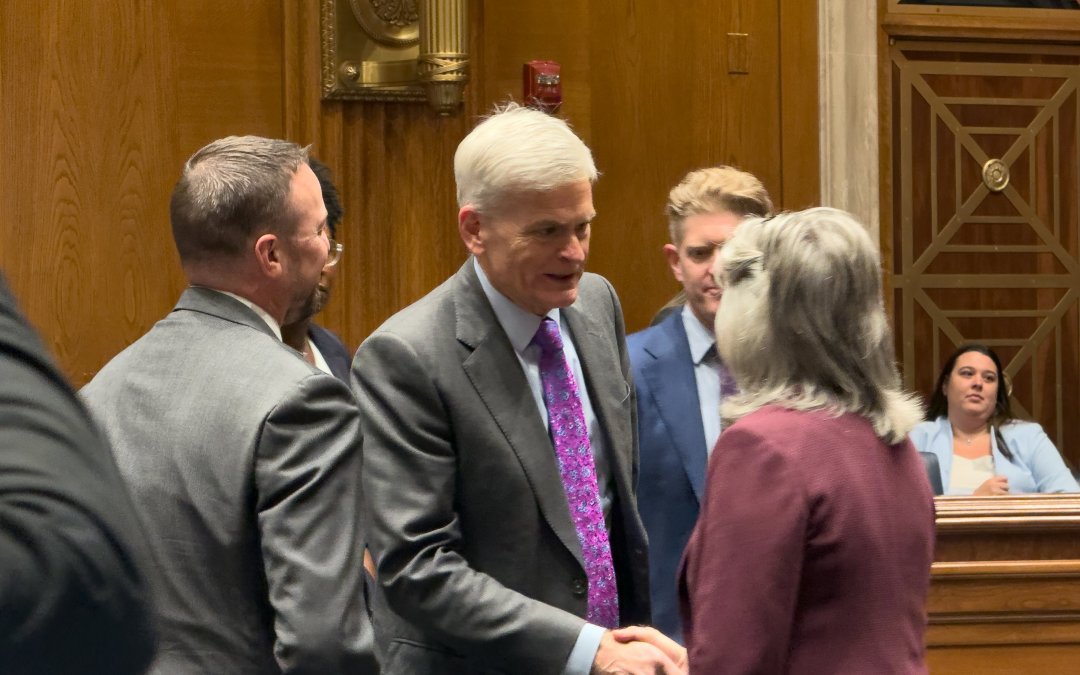WASHINGTON – Senators clashed over the federal government’s role in helping families plan and pay for higher education, a process lawmakers have deemed “opaque,” at a Senate Health, Labor, Education and Pensions (HELP) Committee hearing Thursday.
The discussion centered on the inability for families to easily compare the costs of different higher education opportunities. While Republican committee members focused on a lack of transparency, Democrats said improving transparency doesn’t go far enough if the cost of education is still out of reach for families.
“The reality is that college just costs too much,” Sen. Tim Kaine (D-Va.) said. “Students today are struggling to meet their basic needs [and] everyday expenses.”
But Republicans argued that addressing affordability with increasing federal subsidies on higher education would only raise inflation.
“I think this is particularly true with colleges,” Sen. Jon Husted (R-Ohio) said. “The more you give, the more the beast feeds. It just keeps driving up prices.”
Senator Roger Marshall (R-Kan.) said families can choose cheaper education alternatives rather than receiving more money from the federal government.
“I was that student who had the choice between going to university, but I chose to go to community college,” he said. “I was a varsity athlete working three jobs.”
Witnesses at the hearing largely agreed that students and their families do not have sufficient and consistent information about costs of attending college which would make it easier to compare choices before matriculating.
Senators also discussed the College Transparency Act, a bill garnering bipartisan support that would establish a secure student-level database for colleges to report “cost, enrollment, retention, completion, and post-college earnings” for families as they consider postsecondary educational plans, according to the bill’s sponsor Sen. Bill Cassidy (R-La.).
Preston Cooper, a senior fellow at the American Enterprise Institute, said at the hearing students should not have to “jump through hoops” to understand how much college will cost them, pointing to business models in other industries.
“When I buy a plane ticket, for instance, I can see all of my options up front. Students can’t do the same with college,” he said.
Cooper criticized “confusing, outdated and wildly inaccurate” net price calculators, which colleges and universities offer so that families can anticipate the average cost of attendance based on their income and other assets.
“Some require students to report pages upon pages of financial data,” he said. “Others only estimate price ranges that can vary by $20,000 or more.”
Cooper instead suggested net price calculators should be binding, and that colleges should provide four-year price locks.


